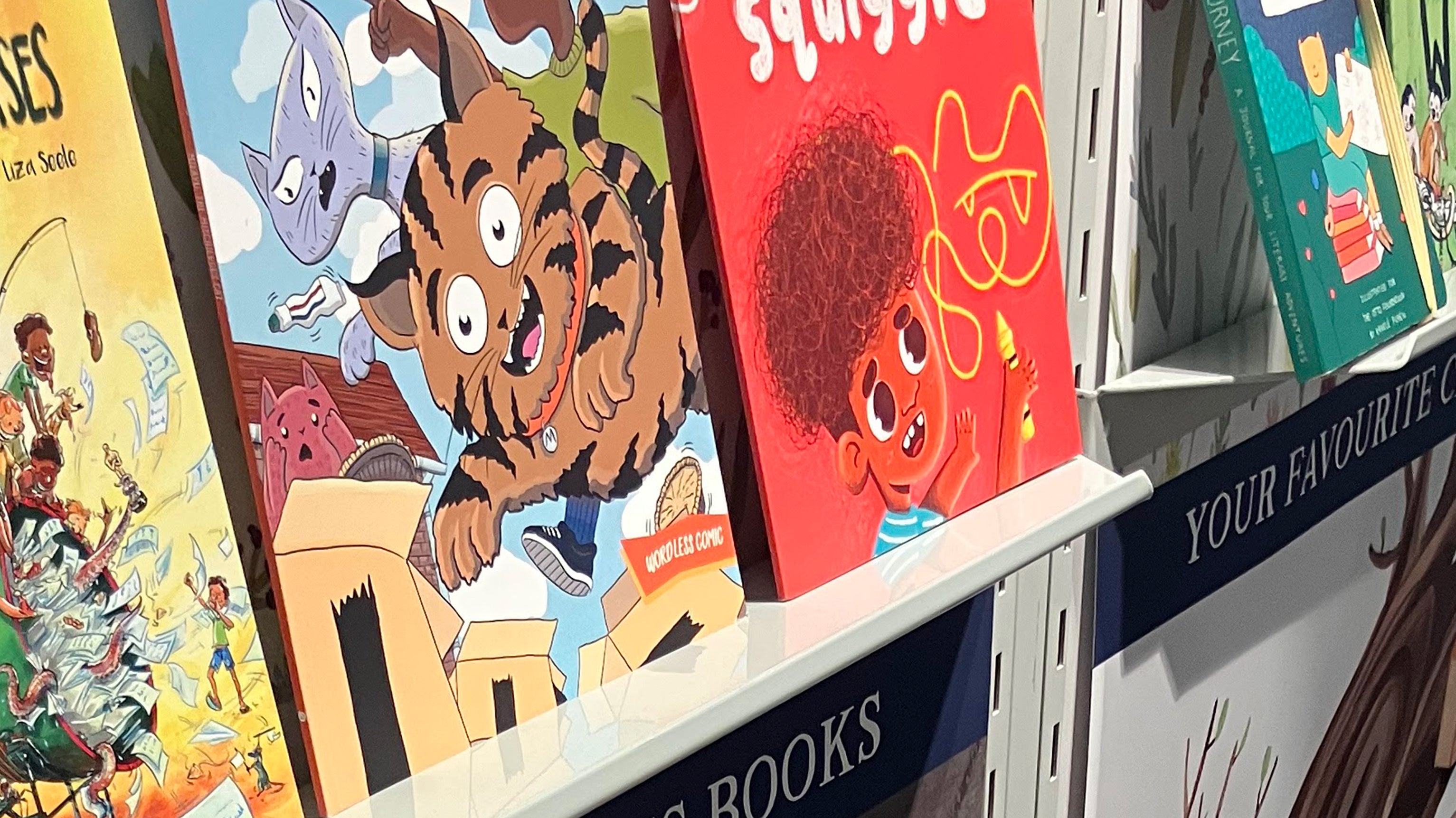Have you read Harry Potter? Chances are that you have. Even if you haven't, you've certainly heard of it. This famous industry-changing story would never have seen the light of day had it not been for the persistent literary agent who was peddling the book for its author, J. K. Rowling. After twelve rejections, the book was finally accepted by (lucky?) publisher number thirteen, Bloomsbury Press, for the paltry advance of £2,500. Persistence pays off. The literary agent in question was the celebrated Christopher Little, who passed away in 2021, after giving so much to the book industry.
The literary agent (a.k.a. the foreign rights agent) is an important job. Much like an estate agent who seeks out properties to market, the literary agent seeks out authors of promise and markets their work to publishers. In some cases, like ours at Imagnary House, instead of marketing a specific author, the literary agent can represent an entire publishing house's catalogue (i.e. their list of books) to foreign publishers in other languages and territories. In most parts of the world with large book industries, authors cannot approach publishers except through a literary agent.
So, what does it take to work as a literary agent?
A literary agent's skills
- Well-read. The literary agent needs to be able to identify a good story. Being well-read, especially in the genre of literature you are representing (i.e. children's books), is absolutely necessary to success. There's no slowing down either, because books are constantly changing. It doesn't help to only know the classics. A literary agent should know what is traditionally successful in a genre and a
- Networking. The literary agent needs to be in touch with numerous publishers, authors, and editors, from different markets/countries, to know what they are looking for and when they are looking for it. Maintaining good relationships is key, which is done by visiting book fairs, bookstores, and publishing houses to meet up with all the right people over a cup of coffee or tea. As a literary agent, you have to deal with a range of people, from free-living creatives to hard-nosed businesspeople... which means, sometimes your best customers can be people you don't necessarily want to be friends with, but you still have to know how to get along with them.
- Love of learning. It is important for literary and foreign rights agents to know what is happening in the publishing industry at any time. Who is moving where, what new publishers are popping up, what's the latest news from a specific country, etc. It is also important to stay in touch with popular and developing trends and genres the reading public is buying. You have to love learning and keep learning.
- Intellectual property knowledge. Perhaps the most academic skill required is a need to understand the contracts that you will draw up and negotiate for your publishers and authors. As you are the negotiator, you are responsible for the contracts between authors and publishers. This means you have to understand what rights you're entitled to, what your requirements for a licensing deal is, and how to communicate these to purchasing publishers. You don't need a law degree, but a little legal jargon will go a long way.
VIEW OUR FOREIGN RIGHTS LIST >
Our foreign rights agent at Imagnary House is Stephanie Barrouillet of S. B. Rights Agency, who has been incredible at reaching new audiences for our books by securing over 20 rights deals for us since 2019. S. B. Rights Agency is an international foreign rights agency specialising in illustrated children’s books from around the world, representing independent publishing houses with international potential. We reached out to her to ask a few questions about what it's like to work as a foreign rights agent:
An interview with agent Stephanie Barrouillet

-
What does a foreign rights agent do? What is your day-to-day work like?
A foreign rights agent represents publishers' lists internationally with the goal of getting the titles published in foreign languages. My days involve negotiating deals, raising contracts, chasing royalty statements, meeting publishers on Zoom, submitting titles to publishers, liaising with co-agents, doing research, and reading the publishing press, among many other things.
-
Does your job require much travel? Where do you travel most regularly?
The Bologna and the Frankfurt book fairs are the two major book fairs that I attend. Then I decide on a yearly basis where to travel – either to a book fair or to a specific market, in which case I will visit publishers in their offices. Since COVID, I also have a lot of digital meetings with publishers all year round. Some publishers do not travel or only attend one major fair a year.
-
How did you build up contacts with publishers?
My first job in publishing was for Walker Books in the UK in 1999, so I have been meeting publishers for a long time and have an extensive list of contacts. While this is great, it is not enough, and it is essential to constantly know what’s happening in other markets – new publishing houses starting, editors moving houses. This way my contacts keep growing and remain up to date.
-
Which part of your job do you enjoy the most?
I love when I successfully match the right book to the right list. It is very gratifying, as it means that I pitched well, which is not easy as only the foreign editor knows what they are looking for and what fits their list best.
-
What are you looking to represent next? What's the ideal book or author for you?
I am always looking for new clients from different markets. I am interested in growing our representation of graphic novels, but I am always open as I never know what list is right for the agency until I see it and get excited.
The life of a literary or foreign rights agent is certainly not boring and could indeed prove to be a most satisfying career. Getting started should probably see you applying for an internship at an established rights agency, and gaining experience by learning from senior agents. But, before you get even there, you could start by critiquing and writing reviews of your favourite books, publishing them online. If you have any reviews to share of Imagnary House's books, share them with us by adding a review on the book's product page (or email us at hello@imagnaryhouse.com). We'd love to hear an aspiring agent's thoughts on our book titles!





